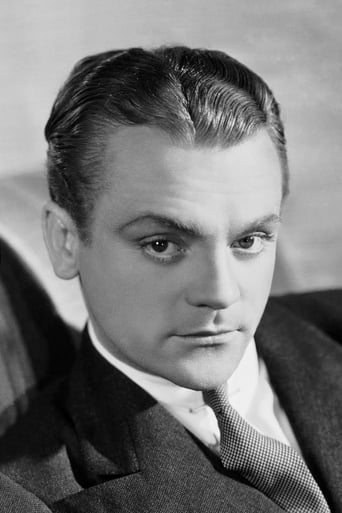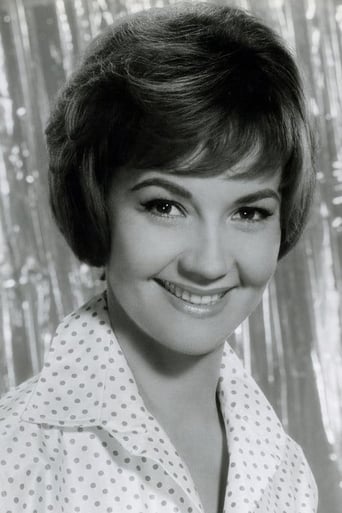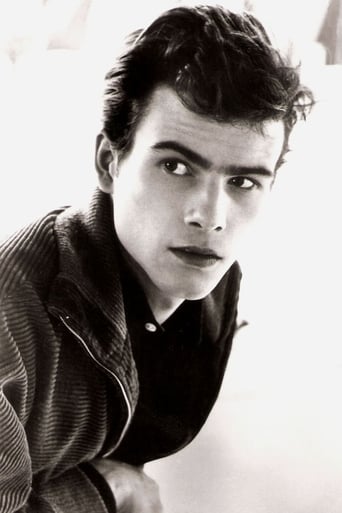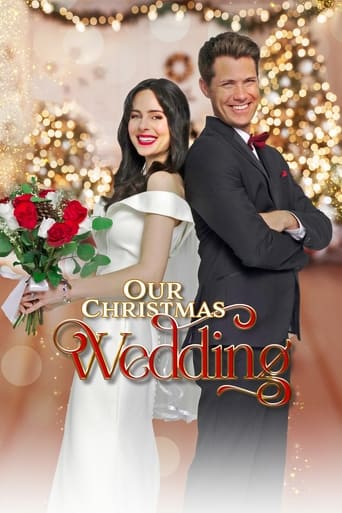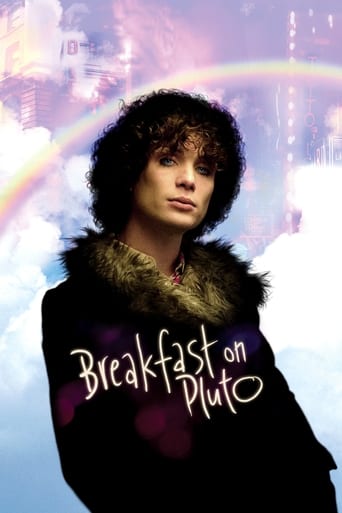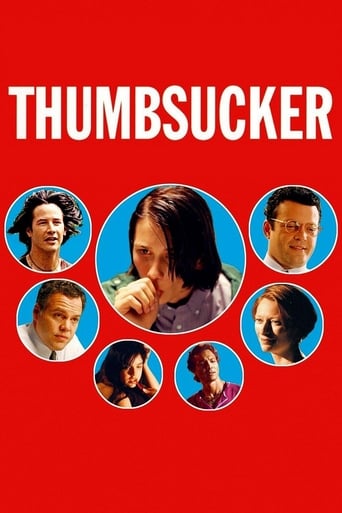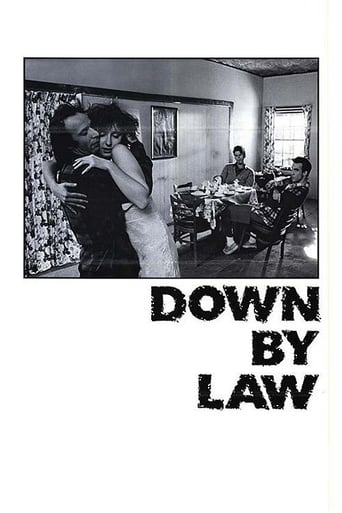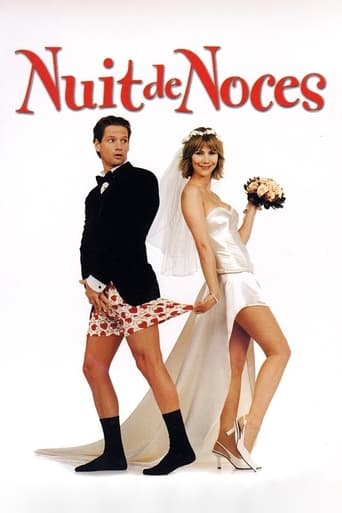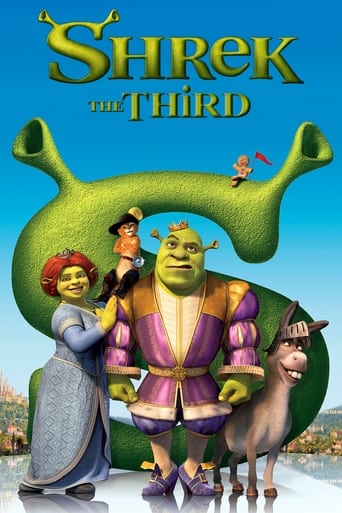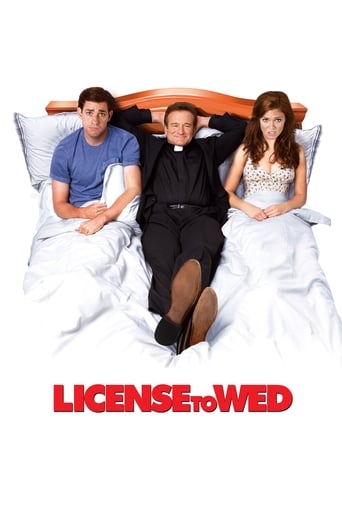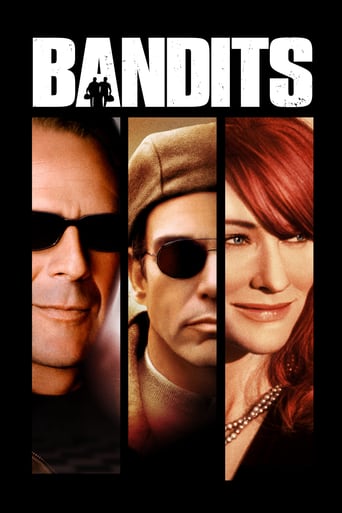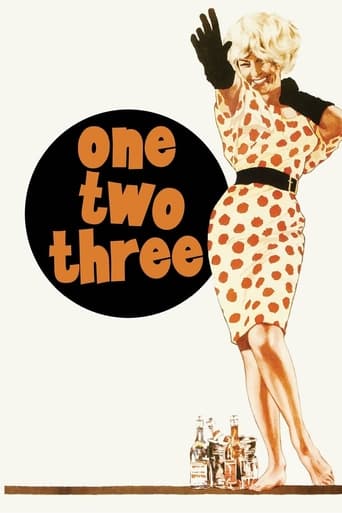
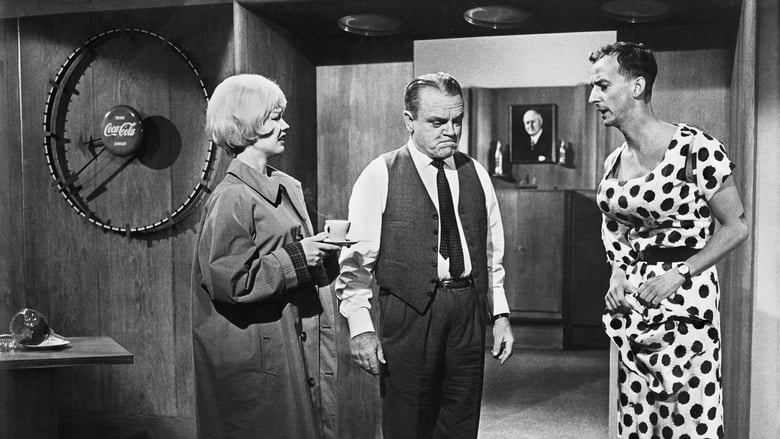
One, Two, Three (1961)
C.R. MacNamara is a managing director for Coca Cola in West Berlin during the Cold War, just before the Wall is put up. When Scarlett, the rebellious daughter of his boss, comes to West Berlin, MacNamara has to look after her, but this turns out to be a difficult task when she reveals to be married to a communist.
Watch Trailer
Cast
Similar titles
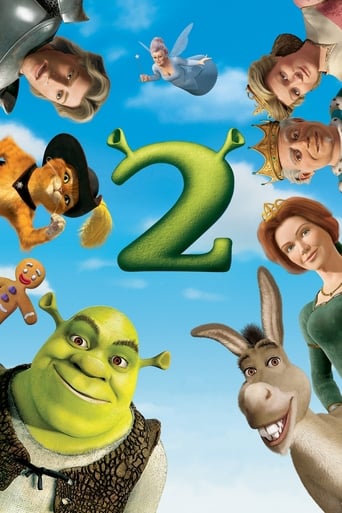
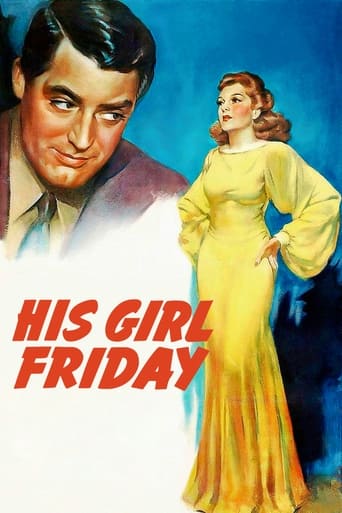
Reviews
Yawn. Poorly Filmed Snooze Fest.
Don't listen to the negative reviews
Don't Believe the Hype
It's an amazing and heartbreaking story.
I'd like to buy the world a Coke. I'd like to teach the World to Sing (In Perfect Harmony) isn't what this movie is about. One, Two, Three is a cold war comedy film directed/written by Billy Wilder that makes fun of the Cold War tension. Supposedly, based on the 1929 Hungarian one-act play Egy, kettő, három by Ferenc Molnar, the movie has little to do with Molnar's source material, as Wilder add his own touch to the script. In many ways, Wilder borrow plot elements from his earlier films such as 1939 "Ninotchka', 1954's Sabrina, and others to get this movie, off the ground. Set in West Berlin during the Cold War, before the construction of the Berlin Wall, a high-ranking executive in the Coca-Cola Company, C.R. "Mac" MacNamara (James Cagney) is trying to introduce Coca Cola Operations into the Soviet Union; only for it to backlash, when an upper management, hot-blooded 17 year old daughter, Scarlett Hazeltine (Pamela Tiffin), his family was babysitting, fall in love with a young Communist extremist named Otto (Horst Buchholz). The film is known for its quick pace deliver of lines and action, and it shown with its writing and the music, it does use. Great use of the music from Aram Khachaturian, 'Sabre Dance'. You really get how energetic action, the movie will be. "Itsy Bitsy Teenie Weenie Yellow Polka Dot Bikini" during the interrogation scene was also hilarious. The movie also have clever sexual innuendos as you can tell that the conservative 1950s were ending, and the hip 1960s was about to start. The movie has a lot of politics about life as a communist, and capitalist. All of the jokes were mostly hit than miss for me. One joke even seeming to foreshadow, oncoming the Cuban Missile Crisis in 1962. The film also had a lot of inside jokes or references from a lot of James Cagney earlier films such as 1942's Yankee Doodle Dandy, 1931's Public Enemy and others. There also a joke about Cagney, himself with the whole idea of sent the money to unemployed cotton pickers of Mississippi. Cagney was accused of being a communist sympathizer for sending money to striking cotton workers in the 1930's. You can really see, how much work, the middle age James Cagney put into the film with his character. Billy Wilder feed him with so many lines that needed to be spoken in a fast pace, that he got overwhelm by the pressure. Add that with his declining health, Cagney decide to quit Hollywood for years after this film. It would be Cagney's last film appearance until 1981's Ragtime, 20 years later. Cagney during the production, had a hard relationship with co-star, Horst Buchholtz, as both of them openly disliked each other. Cagney believe that Horst Buchholz was overacting and scene stealing. While, Horst Buchholtz believe that Cagney was just being a big bully during the making of this film. In my opinion, I think Horst Buchholtz did a good job, and I think Cagney might overreacting to what Horst's character was saying, than the actor. The rest of the supporting cast was alright. Arlene Francis as Phyllis MacNamara got some great one liners, but somewhat comes off as too mean-spirited. Pamela Tiffin was indeed very attractive, but the badly done Southern drawl was bit nail-biting. The production also went through another trouble as locations had to be reshot due to the building of the Berlin Wall, and the crisis that was happening there. The crew and cast had to move to Munich to shoot the missing scenes. The building of the Berlin Wall during production badly hurt the film's marketing in Germany. It was very ill-received by German audiences and had minimal success during its initial run. The film does portray the Germans in a negative light. Still, I have to say, characters like Schlemmer (Hanns Lothar) & Fräulein Ingeborg (Liselotte Pulver) really did stood out. They really have some funny and sexy moments in the film. Another reason, why the Germans didn't like the film was because of Coca Cola. Coca Cola has a long love and hate relationship with Germany. Germany once banned sodas, as they deemed unsuitable for children due to its sugar content and additives. Also, they didn't want it to interference with the beer market that most adults drink at the time. Coca-Cola also adopted an apparent policy of ignoring the practice of eugenics and anti-Semitism by Nazi Germany. By the time, the Cold War came, Coke, took deep advantage of the situation by establishing new franchises in the newly liberated countries where many Germans saw as a threat to their culture. About the movie being about Coca Cola, it didn't hurt the film with its product placement. I didn't mind all the product placement, as long, as it felt like a movie, than a commercial. A few people did hatred that Coke was in the film, like actress Joan Crawford, whom at the time, was a board member of Pepsi. In an odd way, Coke was deem 'too American' for Communists, and Pepsi became the main exported soft drink to Eastern Europe for much of the Cold War after this film. The film was indeed banned from most Eastern European countries. One, Two, Three was even banned in Finland in 1962–1986 on "political" grounds — it was feared that the film would harm the relations between Finland and the Soviet Union. Overall: It's a very hot Cold War movie. A must-watch.
sure its old, and sure most people have even forgotten that there were two Germanies, but its a forgotten classic. And since Wilder used lots of German actors, even the dialogue he didn't bother to translate is hilarious: two particularly funny scenes were the Vopos interviewing Otto about his "wedding present" and the Stasi torture scene--who wouldn't crack after days of "itsy bitsy teeny weeny yellow polka-dot bikini." Too bad most viewers won't recognize the old posters slipping out of the picture frame in the table-top dance scene, or the million other topical references. Its like a post-graduate seminar on cold war Berlin. And if that ain't enough, remember "Good-Bye Lenin?" Their Coca-Cola scene is an outright homage, right down to the Building the "new' movie chose as Coke's Berlin headquarters. Look familiar?
I've just read the first half dozen or so reviews of this gem on IMDb of which every one is a rave and I can only endorse these sentiments. Not that it is surprising to find a movie co-written and directed by Billy Wilder to be anything less than outstanding. This was the second time he had satirized Germany in a movie set in Berlin, the first, of course, the equally unforgettable 'A Foreign Affair', also shot on location and there's a fetching symmetry between the two; in 1947 Berlin was largely rubble in the wake of World War Two and in 1961 the rubble was still in evidence every time the characters cross from West to East Berlin. In a script spilling over with brilliant moments Wilder throws in several referential moments, an uncredited Red Buttons does a Cagney impression right to Cagney's character, Cagney emulates his classic 'grapefruit in the kisser' scene not to Mae Clark (who got the full benefit in 'Public Enemy') but to Horst Bucholtz (who, by all accounts, deserved much more), Cagney's character parodies a fellow Warner Bros actor, Eddie Robinson, in the line 'Mother of God, is this the end of Rico' (from 'Little Caesar'), when Cagney and Lilo Pulver enter the hotel in East Berlin the band leader is Frederich Hollander (who wrote 'Falling In Love Again' and 'See What The Boys In The Back Room Will Have', both associated with Marlene Dietrich, one of the stars of 'A Foreign Affair') and they are playing 'Yes, We Have No Bananas', which Wilder had featured in his 'Sabrina' in 1954, and so on. Like a lot of Wilder movies the source was an obscure (in the West) play by Hungarian Ferenc Molnar - author of 'Liliom' which Rodgers and Hammerstein turned into 'Carousel' - though the chances are Wilder and Izzy Diamond reworked it considerably. The plot has been detailed in other reviews so suffice it to say that Cagney is superb, Arlene Francis a nose in front of the rest of a brilliant cast. One, two, three, four, FIVE stars.
James Cagney was pretty much retired when Billy Wilder lured him away from his farm to do "One, Two, Three," a witty, fast-moving comedy from 1961. And what a credit to Cagney - rapid dialogue and plenty of it, taxing to memorize probably for a man half his age.The story concerns an American Coca-Cola executive, C.R. McNamara, heading up an office in Berlin who is asked by his boss to host his daughter (Pamela Tiffin). Hoping for a plum assignment in London, C.R. and his wife (Arlene Francis) welcome the young woman with open arms. She's southern, beautiful, flirtatious, and before they know it, she's got a Communist boyfriend (Horst Bucholz) Then he becomes her Communist husband, and that London promotion is looking less and less likely unless C.R. can pull off a miracle.Wilder's direction for this was to have the dialogue shouted rather than spoken and to keep the film moving at a very fast pace. Admittedly this can get a little exhausting. Cagney gives a high-voltage performance and is extremely funny as the harried executive. And there are some hysterical bits as well as the madcap feeling of a '30s film. The rest of the cast is wonderful: Arlene Francis as C.R.'s long-suffering wife, Lilo Pulver as C.R.'s sexy secretary, and Hanns Lothar as Schlemmer, C.R.'s assistant who was "underground" during the war. ("The resistance?" "No, the subway. Nobody told me anything down there.") Though this was not a happy set - Wilder and Cagney had their differences, and Horst Buccholz was a major pain - the result is very good. Late in their careers, Wilder and Cagney still had it. Big time.
